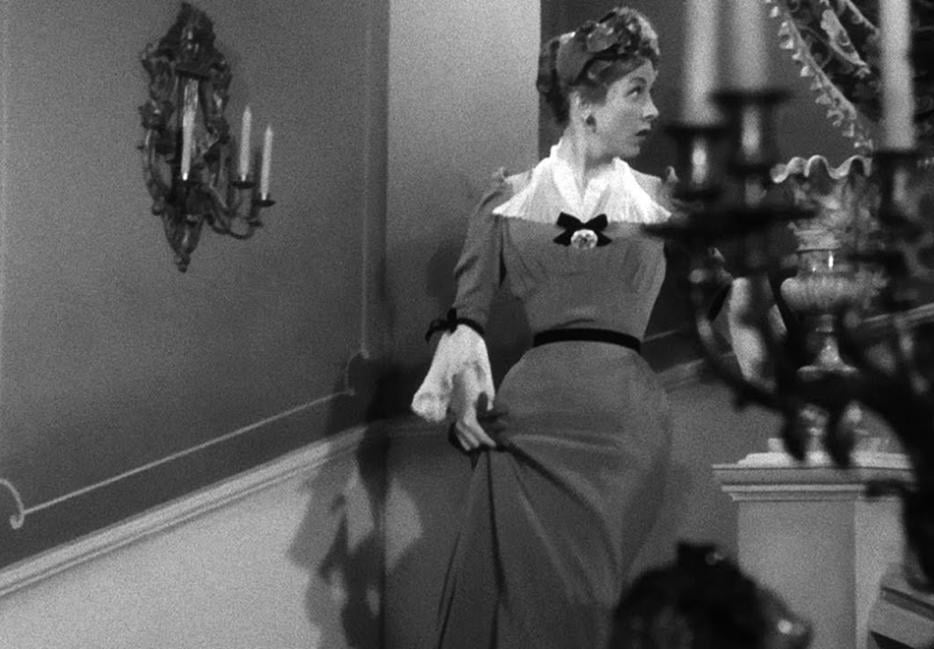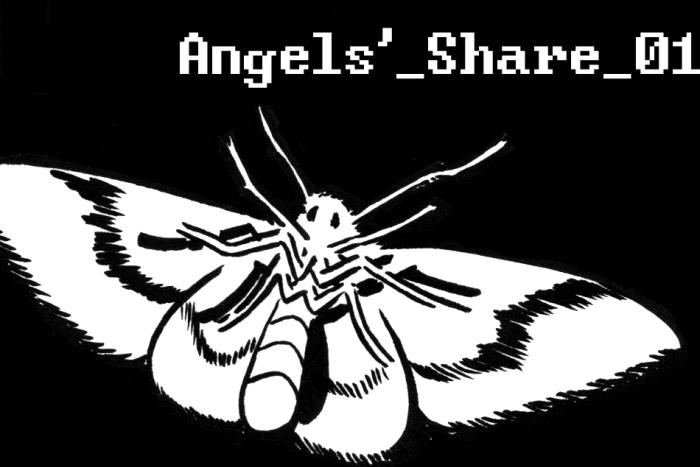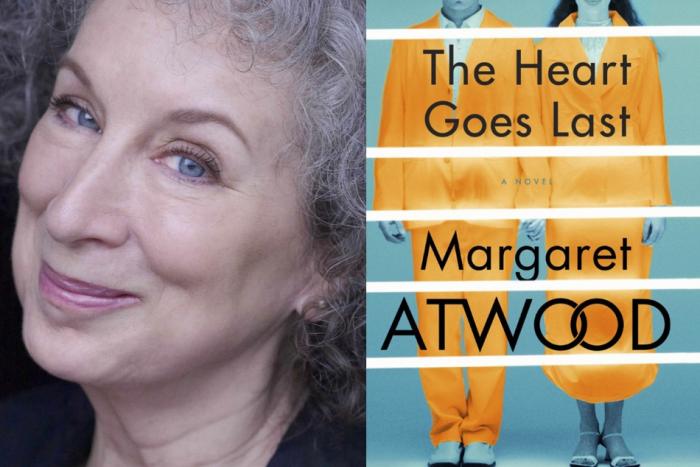Afternoons and nights in the summer I found myself looking around for someone to record it. We were not making such different decisions from the summers before, but we were older, technically. The decisions—the days spent empty, the drugs at a wedding, his still loving her—seemed worse. Several texts sent by or to me in separate unrelated conversations read “I miss modernism,” or “I really miss modernism,” the sentiment being that if anyone knew how to write a psychologically rich novel about the season, we might see where it was that our habits had begun to go to waste; that our laundry, hung out, had ceased to dry. Some of us had long gone through phases of shrinking from questions as easy as “how are you?” and “what are you working on?” but I’d never seen so many stop answering the questions at once. “Is my life boring? Anyway I started a diary,” tweeted Sam, six weeks after he turned thirty.
“I wanted to understand,” says the narrator on the first page of Cigarettes (1987), a novel of adulterated manners by the blue-blooded Oulipean Harry Mathews. Set in downtown and upstate New York in the years between the Depression and the Pill, it draws a barbed net around a loose bunch of upper-class whites. “I planned someday to write a book about these people. I wanted the whole story.” It’s the first time the narrator uses “I.” The second time is in the epilogue, when we are simultaneously reminded he exists and led to find out who he is. For now, what there is to understand is a letter from Allan, a dishonest insurance salesman, to Elizabeth, a woman he sees out gambling and decides to make his inamorata. By the end of the first chapter, Elizabeth and his wife, Maud, have found each other—which means they have left him. Months and moments are equally as quick, and as peremptorily signalled, in Cigarettes. It’s a book for when summer’s still going.
I read it again at the amber-green start of September. In early 2013, I discovered Oulipo when a far-left press put out a pamphlet declaring it was over, and among the twenty-two members of the French experimental belletrists club, I fell for the one American, Mathews. Cigarettes is his thirteenth book. His eleventh, Singular Pleasures (1983), comprises sixty-one smickering vignettes of different people masturbating, and I liked it so much I put something like it in Adult, in the first print issue. Reading Cigarettes next, I was dissatisfied. I thought the book was so slivery and cool that it was meant to be given like bad advice, but no one had given it to me or even told me about it in person, and my Amazon Marketplace copy made me feel like an eavesdropper.
*
Cigarettes is essentially a long game of telephone with the occasional missed or dropped call, a story that travels singly from character to character and chapter to chapter, the chapters being named for the characters: “Allan and Elizabeth,” “Oliver and Elizabeth,” “Oliver and Pauline,” then “Owen and Phoebe,” “Allan and Owen,” and so on. (In fact, and in keeping with the Oulipean passion for mathematical and poetic constraints, Mathews patterned Cigarettes not after the telephone but on the sestina.) The copy I’m reading now I borrowed from Kaitlin, my friend. She got it from a man who, since he can no longer sleep with her, gives her novels she might like instead. He got it from his dad. When I’m done with it, I’ll give it to Jesse. He should return it to Kaitlin, and Kaitlin will give it to a man she can no longer sleep with. I’d assumed, wrongly, that dreams pertained to the future.
Plotlines in the book cross and double-cross. Each of the thirteen characters is titular to two or three chapters; there are at least two stories to every side. The easiest throughline to trace is the tale of Elizabeth’s portrait, painted by the rising artist Walter and bought by the daddy-rich Maud; the portrait becomes more of a character than Elizabeth herself. It unites its subject with its owner, and divides its painter’s apprentice, a twenty-year-old Phoebe, against her father, Owen, and her own mind. It inspires an art critic, Morris, to write a review that is read to be life-changing by Lewis, Phoebe’s brother and a wannabe writer, and it’s the S&M love affair between Morris and Lewis that will make Morris dead of a heart attack. When Phoebe is crazy in the hospital, Owen destroys the portrait in a fit of ineptitude, but when Phoebe is dying, it is brought to her room at her request, and is in perfect condition. The portrait he destroyed was his daughter’s painstaking copy. On the last page of the last chapter there’s one more death, and for no good reason but dream logic, half the characters gather to see whose it is. It is Elizabeth’s, since without her there isn’t a book.
*
In 1982, Mathews wrote an essay for the New York Review of Books on the collected short stories of Laura Riding. He is effusive on her “visionary world,” built and spun with accurate poesy, and his rave for her could be blurbed for Cigarettes, which he’d just started working on at the time. Of the story “Reality as Port Huntlady,” he says: “One of the characters actually dies twice. Or perhaps she does… [We emerge] from the observed familiarity of her first stories, where things may happen or not, into a world where things may happen and not.”
Where things may happen and not, there is a groundhogging of days, a grey heat, the weather is intractable. I went out more than I needed to this summer, and found myself in very much that world. One Sunday night, my friend said she knew about my other friend’s sometime affair. I left the restaurant and called the accused, who was genuinely weirded out and said she’d done no such unfaithfulness. I believed her when she said there was nothing to see. I also believed my friend had seen it. On a Thursday in Fire Island, walking through the Pines with a performance artist, I saw a handful of flyers for another performance artist’s workshop. The flyers said this artist had been present at the workshop since noon, and would be there ‘til sunset. “He took the ferry back to the city last night,” said the artist I was with. “He just texted me saying he was in Manhattan. How is he here?” The other day I thought it was going to rain, when in fact it turned sunny and clear. But when I got home my hair was damp, and I knew I hadn’t showered, and it wasn’t sweat.
Mastery, once gained, is usually solid. Control is more slippery.
I was having a dream again, a dream that had not recurred in almost a year, in which a friend of mine, a guy who is my age and black, was visiting another big city. In the dream I knew this without speaking to him, a ken that is either a feature of dreams or a result of being too much on Instagram. (My desire to believe in both dreams and Instagram is definitely a result of Surrealism.) When my phone buzzed near me with a call from his manager, I knew something bad, possibly irreversible, had happened to him. Waking up, I’d search every inbox for messages. My best friend said, listening to me talk about the dream, that it wasn’t a dream, it had really happened, that three years ago he had been arrested, mainly for being my age but black, in the city of Miami on business. His manager had called to let me know because I was the last person he’d texted or vice versa. I remembered, of course. But I’d forgotten. I’d assumed, wrongly, that dreams pertained to the future, and wrongly again that the future was different from the past. Ten days after I talked about my dream the guy went on August vacation and a week after that he messaged to tell me he’d taken too much Xanax but was fine.
*
Virginia Woolf said we read fiction like gossip, or at least, Eve Babitz said Virginia Woolf said that. Harry Mathews writes fiction like gossip. I’m reading him now because I’ve stayed up so late after going out, or after trying to work, returning from bars to drink vodka from the freezer and read the day’s news on my phone, that my life has lost a lot of its internal resemblance, and the most concrete kinds of basic information, like what day or time or temperature it is or how much money I’m spending or whether I should eat, seem to me about as stable as hearsay. The straightest solution is to read a book that elevates hearsay, ideally to near the final word. Reviewing Cigarettes the fall it came out, Edmund White compared Mathews to Austen, noting the “involving circumstantiality,” “elaborate structuring of plot,” and “ready appreciation of the consequences of wealth and power” that her works and Cigarettes share (never minding that any good social realist novel with an ensemble cast will have to accomplish these tasks), but the salient facet of his piece is the accompanying visual, a reproduced page of the typewritten manuscript for Cigarettes with edits by hand. In a line that read “…love, and hardly knew it, and labored vehemently to master what he refused to admit…,” Mathews had crossed out “master” and written “control.”
Mastery, once gained, is usually solid. Control is more slippery. The difference between the two meanings is the difference between the narrator of the book and the author. When I was talking to Fiona about Cigarettes, she said it was one of her fantasies to see what her friends are like when they’re hanging out without her (an extreme version of this is attending your wake from beyond the grave). I had just finished, and Fiona had just started, Linda Rosenkrantz’s Talk, a purely ’60s novel made from recorded, edited, but unscripted conversations between Rosenkrantz and two of her friends over the course of a summer. Talk has wincing moments, but will generally not disabuse you of the notion that internecine spying can be fun. Cigarettes, written in what I’d call neither the “omniscient” nor the “close” but the “keyhole third person,” a noiseless and occasionally chilling voice that seems to come from over your shoulder, but when you turn is absolutely not there, will likely rape that fantasy—which doesn’t make it any less a fantasy. The point of this view is to make you feel glitteringly seen. It reminds me of Max Orphüls’ hummingbird-like camera, the hovering and swooping first tracking shot in The Earrings of Madame De… (1953), a movie whose cerebral, elaborate plot hinges on a pair of diamond earrings the way Cigarettes hinges on that portrait.
The narrator of the novel turns out not to be the best writer in it. The best writer, or at least the most Woolf-like, is Phoebe, who, per the New York Times review, “may be the most linguistically gifted madwoman since Ophelia.” In Phoebe’s letters we tentatively approach the fervent individuality of the soliloquies that make up The Waves. As in The Waves, the realest subjects of Cigarettes are a) premature death and what it does to the immature living, and b) consciousness and how unevenly it is distributed, even hoarded, often by those whose tragedies are basically weightless, but where Woolf’s characters address us via themselves, Mathews’s address us via the narrator, which gives us also c) who gets to keep the record that everyone is so bored making?
I might as well name the narrator, since you are neither led nor (probably) able to guess while you’re reading: Lewis, who is Morris’s mentee as well as his lover. I’ll also tell you who he is, in case you don’t read the book (it’s not for everyone, meaning, it’s for people who take great pleasure in announcing “it’s not for everyone”). To lovers of bourgeois noir, his type will be recognizable: the Patricia Highsmithian anti-villain, the fetally slick aspirant whose emails about other writers are twice as long as anything he actually writes, whose anxiety about class he attempts to pass off as a consciousness. He is no more masterly as a storyteller, or more plausible as a confidante, than is the artless, plain-hearted Dan Humphrey (Penn Badgley) as the boy behind Gossip Girl on the primetime teen soap (2007—2012). His narration, his being the one to tell you what they said and then tell them what you said, is a form of control that defines control as having more information and “knowing the whole story,” as keeping the facts in check.
Yet the author, when asked in the Paris Review about verisimilitude in fiction, defers to a master:
“Henry James once said that the Venetian painter Tintoretto never drew an immoral line. That seems madness, because Tintoretto was squiggling all over the place. I came to the conclusion that what James meant was that the moral responsibility of the artist is to make something real happen… on the page. Its relation to fact is irrelevant.”
Mathews makes his sentences straightforward, one thing following another in unimpeachable syntax and, presumably, a logical sequence to match. Only when you look back do you see that though the hand is steady the page has been moving underneath, so that the events described, which should be predictable in hindsight, are absolutely squiggly to the eye. Talking to Mathews in BOMB in 1989, Lynne Tillman identifies this trick—the talent and aim to be clear in the immediate, so that the audience is never out of step; over two or three sentences, to nonetheless ensure we are lost, we are feeling exotic—as something not from Austen, but from Bowles, from that other Jane’s under-read novel, Two Serious Ladies (1943). (Mathews, though pleased by the comparison, stays true to his clique, saying that it was his fellow Oulipean Raymond Roussel who taught him the trick.)
In Dawn Powell’s novel The Happy Island (1938), which is the closest older relative to Cigarettes that I can personally identify, the heroine, a nightclub singer who was the toast of Manhattan, where “in the ten years of her fame the printed word about her had come to be the woman, even her private thoughts had a publicity angle,” has returned to her hometown in Ohio to be in love with an authentically failed playwright. The playwright wants her to be good. The singer is being good, and she isn’t happy. What does she want to do? “Talk,” she says. (“Today I went shopping / and talk is still cheap,” as Lil Wayne says in “She Will.”) She goes on:
“I want to talk about something that doesn’t matter with people who don’t mean what they say. I want to rest my kind heart for a thousand years while I play with loaded words and see who gets hit. I want to put my real soul back in the Safe Deposit forever before it cracks. I can have ten times more fun with the paste one.”
The problem with locking up your soul (“real soul” is a redundancy if I’ve ever found one) for more than an hour or two at a time is that your persona then has to be not only the visage in rhinestones but also the vigilant security guard. There are Lewises everywhere, baby. The Lewises do not care for or about you but they want to know who you really are, and they love nothing more than stealing—anything from dirty laundry to diamonds—to alleviate boredom. Another problem is that, if you’re as forgetful as I am, and as fond of unbelievable admixtures, you one day wake up to find that you simply don’t know the combination to that particular safe, and on top of that, if you can handle it, that forgetfulness is no longer a disarming trait.
That was a lesson I might have learned this summer. As for the lesson of Cigarettes, it’s that really good writing secretes its hardness, and includes, by the arrangement of what silently mesmerizes us, a code with which we access the thing we decide is real because we value it.






